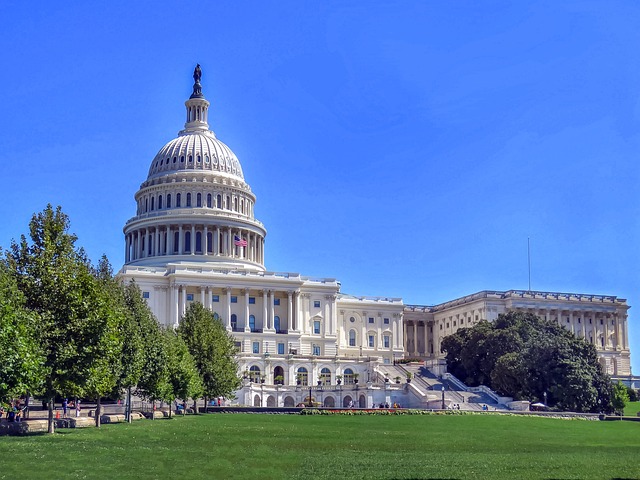With the passage of Senate Bill 1 by the Texas House of Representatives, the $337 billion Texas state budget for the 2026-27 biennium now moves into Conference Committee negotiations, the final hurdle before becoming law.
After nearly 15 hours of debate on April 11, the House approved its version of the budget with a decisive 118-26 vote, demonstrating strong bipartisan support. Only seven Democrats and 19 Republicans voted against the measure. This follows the Senate’s approval of its slightly different $336.1 billion version in March.
In an expected procedural move, the Senate refused to concur with the House amendments, instead appointing five members to a Conference Committee: Senators Joan Huffman, Brandon Creighton, Lois Kolkhorst, Robert Nichols and Charles Schwertner. The House also appointed five conferees: Representatives Greg Bonnen, Mary Gonzalez, Angelia Orr, Stan Kitzman and Armando Walle.
These 10 legislators now face the challenging task of reconciling differences between the two chambers’ proposals. They will meet over a period of 45 days to negotiate a final agreement before sending the reconciled bill back to both houses for a concurrence vote. This negotiation must be completed before the legislative session concludes on June 2, as the budget is the only bill the Texas Legislature is constitutionally required to pass.
Both chambers have prioritized education and property tax relief in their budget proposals. Education represents the largest share of spending, with approximately $134 billion allocated for the 2026-27 biennium, including a $16 billion increase for Texas public schools that would raise teacher pay and increase per-student funding.
Property tax relief also features prominently, with $51 billion dedicated to various relief measures, including homestead exemption expansion. While both chambers agree on the importance of tax relief, they differ on implementation strategies.
The Senate’s approach favors homeowners by increasing the homestead exemption, exempting $25,000 of businesses’ personal property from taxation, and providing $500 million in franchise tax credits. The House plan would benefit both homeowners and businesses more evenly by exempting up to $250,000 of businesses’ personal property without addressing franchise taxes.
Health care represents another significant portion of the budget, with $46.5 billion from state funds allocated to Health and Human Services, a 1.9% increase from the previous biennium.
State security continues to be a priority as well, with $6.5 billion designated for border operations.
As the Conference Committee begins its work, Texans can expect further refinements to the budget before final passage. While the overall spending levels remain similar between the two chambers’ versions, the committee must resolve specific differences in funding allocations and implementation strategies.
Photo Courtesy Canva













